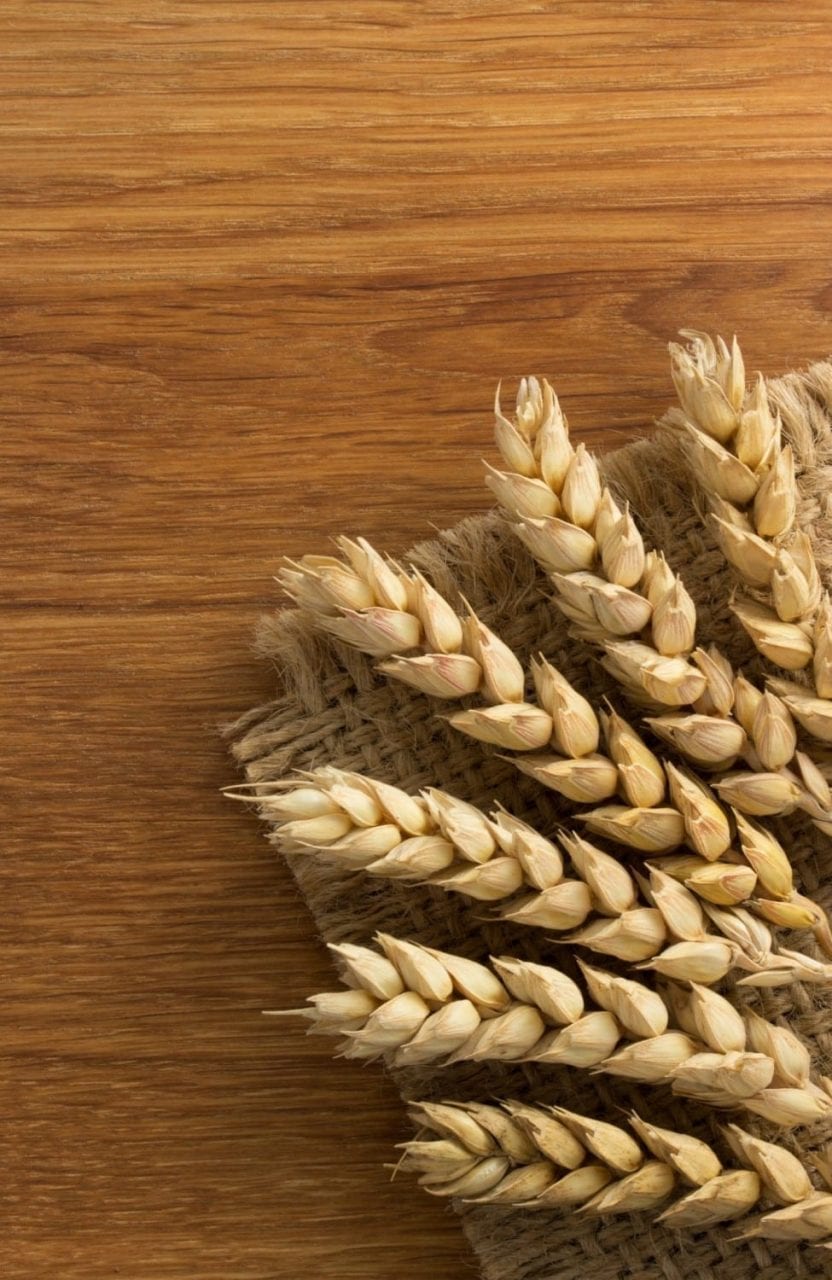To gluten or not to gluten, that is the question. Gluten is the stuff that makes bread soft and chewy, that holds cakes and biscuits together. The modern diet is high in gluten – most people consuming the gluten containing grain wheat at least once a day. Bread, pasta and pastries have become staples in our diet – but are they ruining our guts?
Gluten is a protein that is found in wheat, rye, kamut and barley. Perhaps once, when these grains were eaten in small amount and in their natural form, gluten was not so problematic. The issue is that we are eating more gluten than ever and wheat is far removed from what it used to be – having been cultivated and modified to contain higher levels of gluten and to be more pest resistant. Gluten-free diets seem to be all the rage right now, but is there any merit to it?
Gluten and your gut
Studies have found that gluten is bad news for our guts. One example is this study, that found that gliadin, a component of gluten, increased the production of an enzyme called zonulin. Zonulin causes the breakdown of the glue that holds the tight epithelial junctions of our intestines together. In simple terms this means that the spaces between your cells become bigger and you begin to get large molecules and even whole bacteria passing through the intestines and into your bloodstream. Termed as ‘leaky gut’ – this process means that you are more likely to get an abnormal reaction of the immune system and develop an autoimmune disease. It also means that you’ll have more inflammation in the gut, which can impair your digestion.
Gluten and inflammation in the gut
This review article summaries the research available on grain intake and inflammation. Basically, there are a lot of studies that show that the intestinal permeability or leaky gut caused by gluten intake is very pro-inflammatory and may have a role in chronic inflammation and autoimmune disease. Most people are best to eat a low gluten diet, but for those patients with any autoimmune disease, severe digestive problems or inflammatory conditions like endometriosis, migraines, chronic fatigue syndrome or fibromyalgia our naturopaths recommend following a strict gluten free diet.
[av_image src=’https://brisbanenaturalhealth.comwp-content/uploads/2015/09/gluten-free-sign.jpg’ attachment=” attachment_size=” align=’center’ animation=’no-animation’ styling=” hover=” link=” target=” caption=’yes’ font_size=” appearance=” overlay_opacity=’0.4′ overlay_color=’#000000′ overlay_text_color=’#ffffff’ av_uid=’av-2y1fb7′]
Gluten free is the way to go if you have any type of inflammation in your body.
[/av_image]
Gluten alternatives
If you’re used to eating a lot of bread then you will need to make some changes to your diet when eliminating gluten. Gluten free bread is not a healthy option – most that are even close to bread are highly processed and have additives to make the bread light and fluffy like traditional bread. For pasta you can use wholegrain brown rice, buckwheat or quinoa pasta. Including quinoa, brown rice and buckwheat in the diet is a good way to get the benefits of fibre and protein from grains while preventing damage on your digestive system.
Need help with your diet? Make an appointment with one of our qualified nutritionists by calling 07 3367 0337 now.



